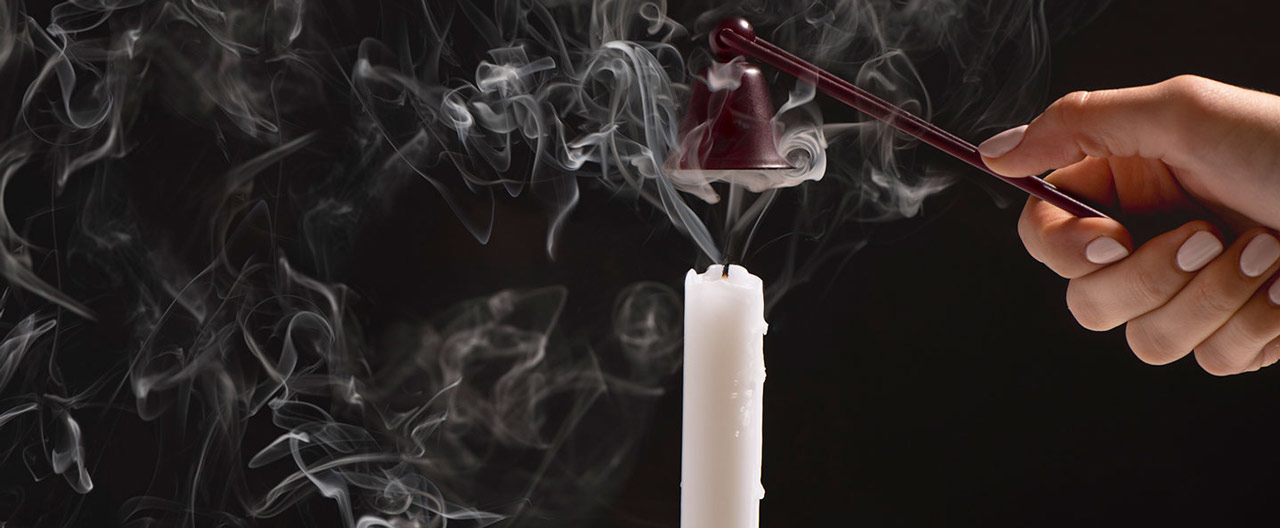- Individuals & Families
- Businesses
- Agents & Brokers
- Embedded Insurance

Chubb ranked #1 for Customer Satisfaction with the Home Insurance Claims Experience

Chubb ranked #1 for Customer Satisfaction with the Home Insurance Claims Experience

Chubb ranked #1 for Customer Satisfaction with the Home Insurance Claims Experience

Chubb ranked #1 for Customer Satisfaction with the Home Insurance Claims Experience

Because pets are family, Chubb now offers pet insurance with top-rated coverage from Healthy Paws.

Chubb offers the insurance protection you need for travel’s many “what ifs”.

Chubb protects small businesses at every stage – from newly formed start-ups to long-time anchors of the community.

Stay ahead of cyber threats with our free Cyber Claims Landscape Report.

Learn more about our dedicated learning paths, Online Learning Center, and more.



Many digital-savvy consumers look for it as a core or add-on option.

Many digital-savvy consumers look for it as a core or add-on option.

Many digital-savvy consumers look for it as a core or add-on option.

Chubb’s in-house technology makes it easy to integrate what we do into your customer experience.
-
About
-
Claims
-
Login & Pay Bill
For Agents & BrokersFor Travel Advisors
-
Back
Whether you’re cooking for your family or relaxing by the fireplace, consider these tips for preventing fires inside and outside your home.
1. Stay in the kitchen when you’re cooking on the stove.
Whether you’re frying, boiling, grilling, broiling, or toasting, kitchen fires can start at a moment’s notice. You’ll want to be there to put it out before it becomes a problem. It is also smart to stay at home and check regularly on food that is roasting or baking inside the stove and use a timer to remind you when to take it out.
2. Test your smoke and carbon monoxide alarms regularly.
You should have a smoke alarm in every bedroom outside each additional sleeping area and on every level of the home, including the basement – preferably interconnected alarms that will all go off if one detects smoke. Test them at least once a month.
3. Properly dispose of fireplace ashes.
Allow them to cool for 12 -24 hours, place them in a metal bucket, and then move the bucket outside until there are no more hot spots. Get your chimney inspected and cleaned before the holidays.
4. Keep burnable items three feet away from heating equipment.
Items such as furniture, throw pillows, blankets, and rugs should be kept away from furnaces, fireplaces, wood stoves, and portable space heaters. Turn portable heaters off when you leave the room.
5. Install fire sprinklers in your home.
If a home fire occurs, the risk of dying decreases by about 80 percent when the home is equipped with a fire sprinkler system. And, installing a home sprinkler system may reduce your homeowner's insurance as well.
6. Burn candles in sturdy, fire-proof containers.
Make sure they can’t tip over, and extinguish all candles before going to bed or leaving a room.
7. Check your electrical cords.
Keep electric cords out from under rugs, and make sure they’re not frayed or damaged in any way. If they are, replace them immediately.
8. Clean up your yard.
Wildfires can happen any time. Keep your yard free of dried debris, such as brush, weeds, vegetation, dead trees and shrubs, and anything else that might catch fire if a stray spark were to settle on them. Be sure to clear your property with appropriate power equipment and not during the heat of a dry day, as sparks from a lawn mower or weed wacker hitting a rock can start a fire.
Insights and expertise
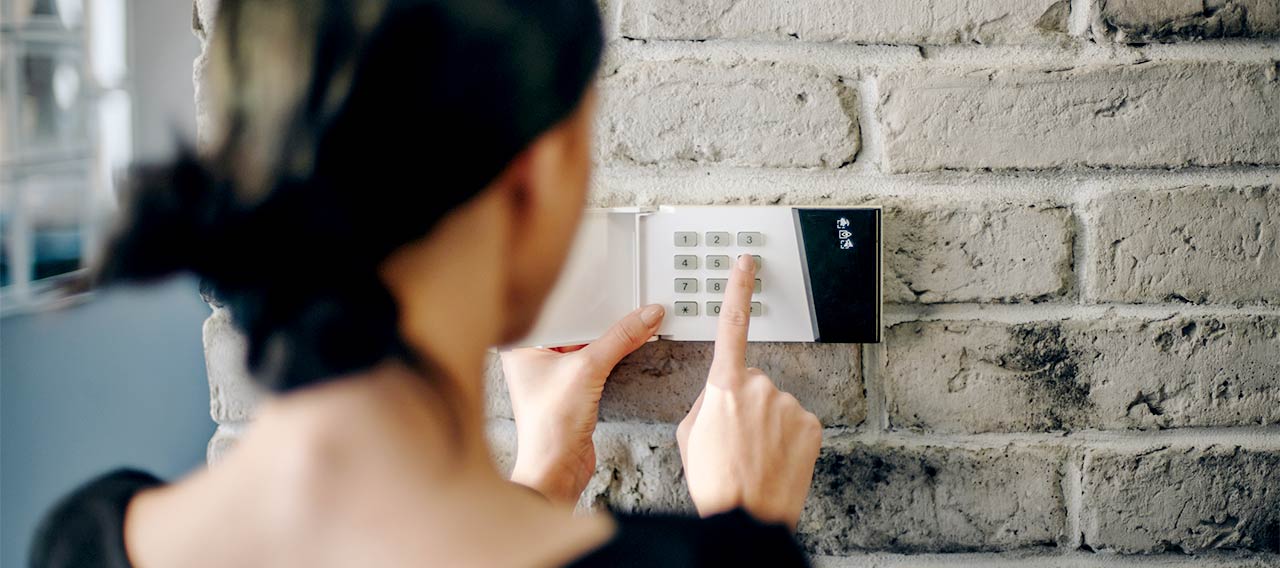

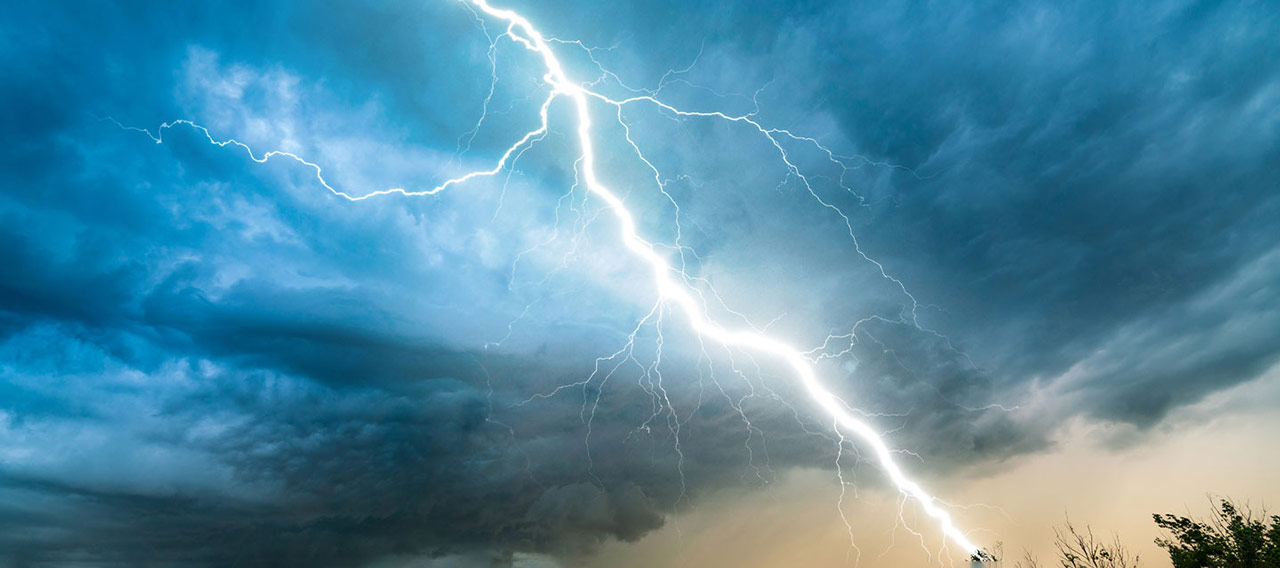
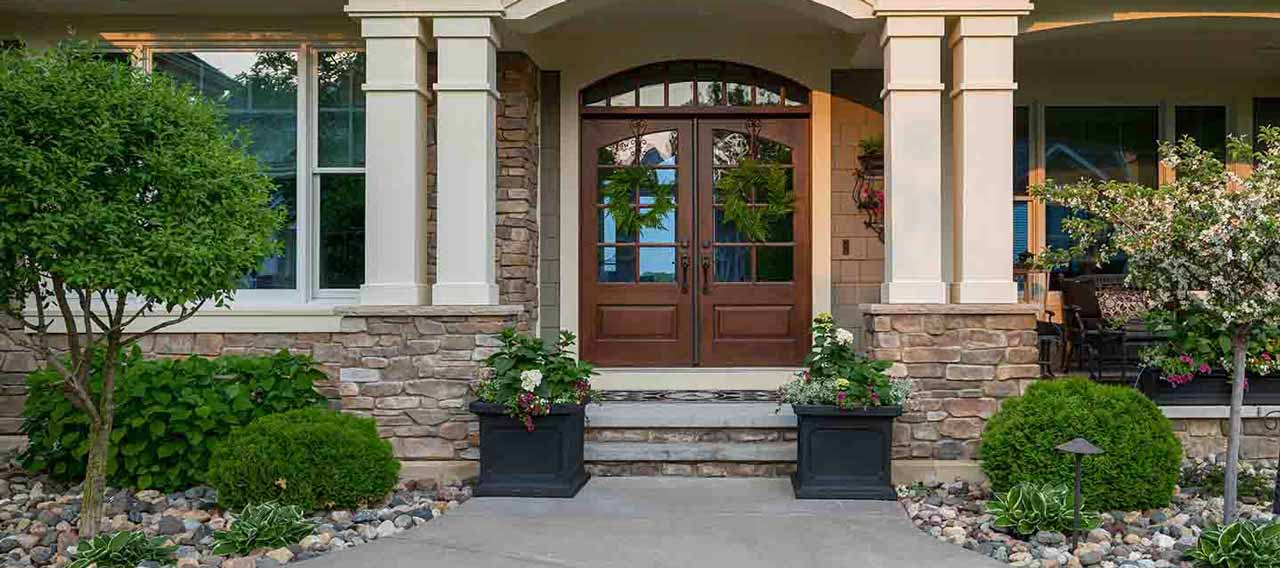

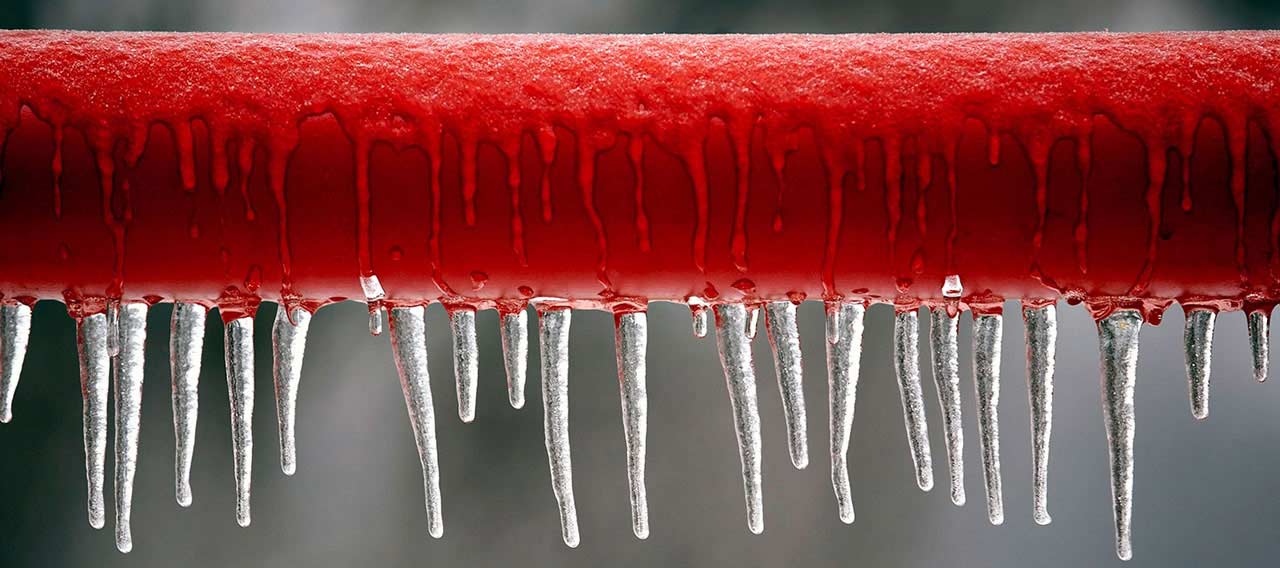
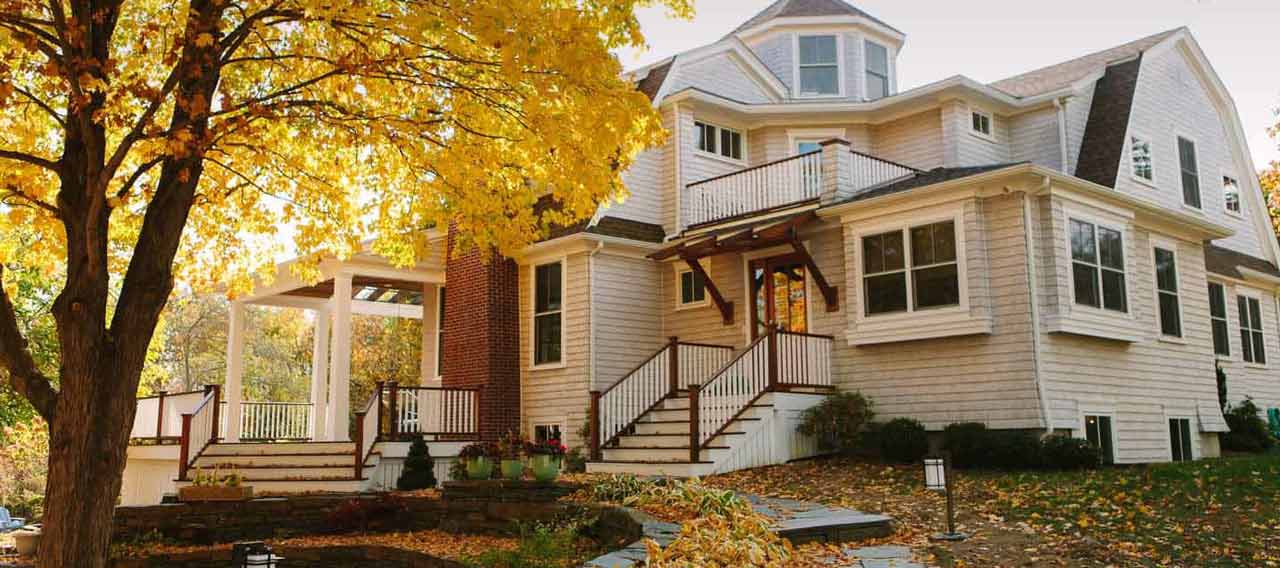
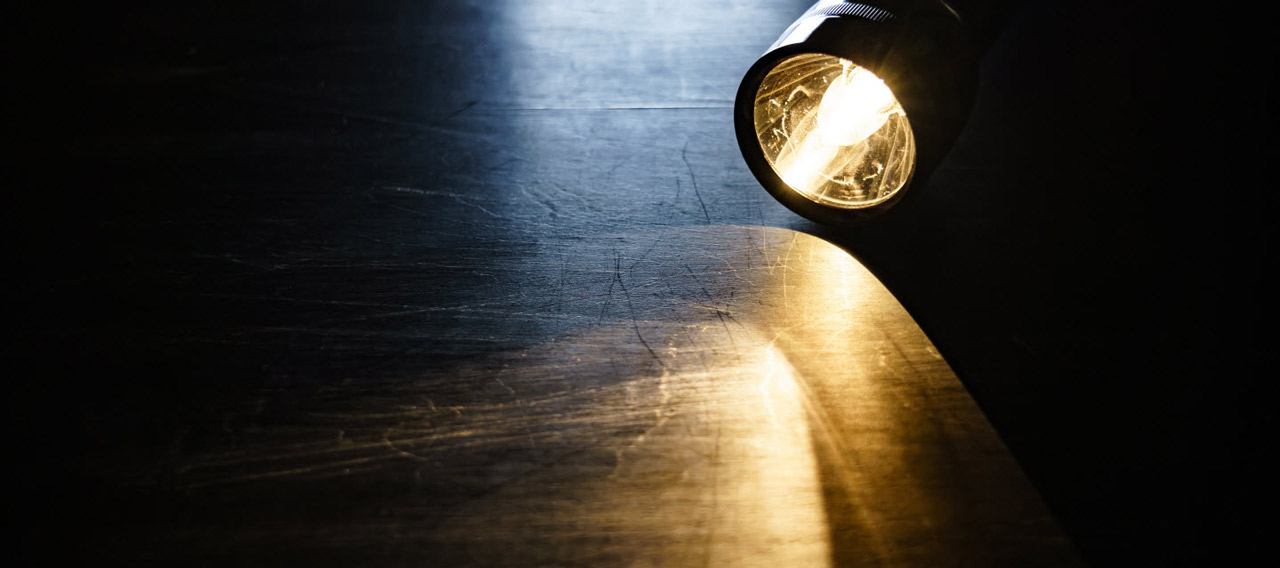
Get a personal insurance quote
Work with an independent agent to get personalized insurance solutions.
This document is advisory in nature and is offered as a resource to be used together with your professional insurance advisors in maintaining a loss prevention program. It is an overview only, and is not intended as a substitute for consultation with your insurance broker, or for legal, engineering or other professional advice.
Chubb is the marketing name used to refer to subsidiaries of Chubb Limited providing insurance and related services. For a list of these subsidiaries, please visit our website at www.chubb.com. Insurance provided by ACE American Insurance Company and its U.S. based Chubb underwriting company affiliates. All products may not be available in all states. This communication contains product summaries only. Coverage is subject to the language of the policies as actually issued. Surplus lines insurance sold only through licensed surplus lines producers. Chubb, 202 Hall's Mill Road, Whitehouse Station, NJ 08889-1600.

